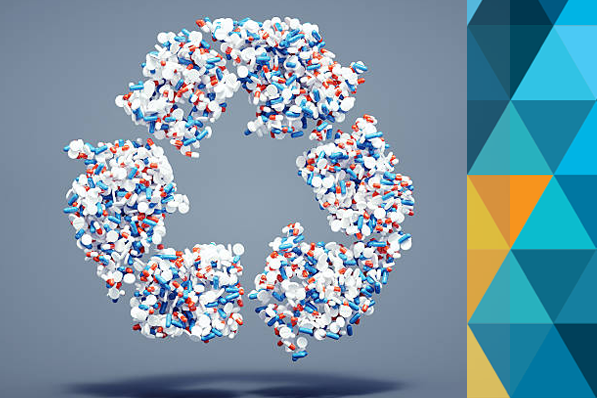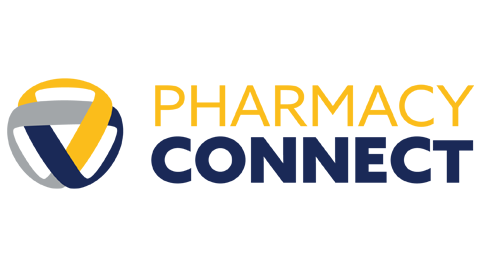By Suzanne Greenwood, Executive Director

The current cost-of-living pressures make us all very aware that we need to be a bit more frugal and not throw things away in case we need them, or can use them, at some stage later on. However, the big exception to this “waste-not, want-not” adage is unused medicines.
It is widely known that keeping expired or unwanted medicines in the home can be dangerous, particularly if small children are in the home or visit it. Children may accidentally access the medicines which can have serious implications which we all want to avoid.
In addition, older people may become confused with too many medicines in the home and may inadvertently take an expired medicine, or a medicine that their doctor no longer thinks is appropriate for their condition.
Some medicines deteriorate with time, and this results in changes to their chemical composition; changes which can make the medicines less effective or, in some cases, potentially harmful and toxic if they are used after their expiry date.
Getting rid of those unwanted medicines is therefore important, but just as important is getting rid of them correctly and safely.
Some people who get rid of old medicines still do so in a potentially harmful way. Disposing of unwanted medicines has for too long often been achieved by people simply throwing them in the garbage or flushing them down the sink or toilet, which means they end up in waterways or the ocean. These medicines in our waterways can have an impact on the ecological balance, affecting plant and animal life in and around the waterways or ocean.
Even medicines disposed of in landfill have been shown to leach back into the food chain via water or fertilisers made from landfill or sewage solids.
There is even a danger of trace amounts of some of these medicines making their way into drinking water. Treatment plants for water and sewage are not designed to remove drugs or medicines from the water.
The question then is how can we safely dispose of these medicines? And the answer which many people may not be aware of is that you can safely dispose of them where you got them – at your community pharmacy through an innovative program called Return Unwanted Medicines (RUM). The program is operated by a national not-for- profit company funded by the Commonwealth Government through the Department of Health as part of the Quality Use of Medicines commitment in Australia
An audit conducted by RUM some years ago showed more than 80 per cent of respondents didn’t know how to dispose of expired or unwanted medicines safely and appropriately and were unaware of the RUM initiative. However, after learning about the scheme, 92 per cent of people said they would use it. The research also showed about 60 per cent reported that they had unwanted medicines in their homes and of those, 77 per cent were prescription medicines, 28 per cent were unused prescription medicines, and 40 per cent were expired.
This data shows just how important the RUM scheme is and why we should all use it.
The scheme collects unwanted medicines and disposes of them via special high-temperature, sealed incinerators which have been proven to be safe and effective, and operate in accordance with Environmental Protection Agency requirements.
The medicines are collected at community pharmacies and put into dedicated and sealed bins until they are collected.
Most community pharmacies across Australia participate in the program and since its inception nearly 25 years ago, more than 11 million kilos of medicines have been safely disposed of. And the scheme is free so there is no cost in doing the right thing.
Also, you can take the medicine back to any pharmacy, not just the one you bought them from.
RUM advises patients to never flush, pour or throw old medicines away. Take them to your community pharmacy and you can find one convenient for you through Find a Pharmacy.


